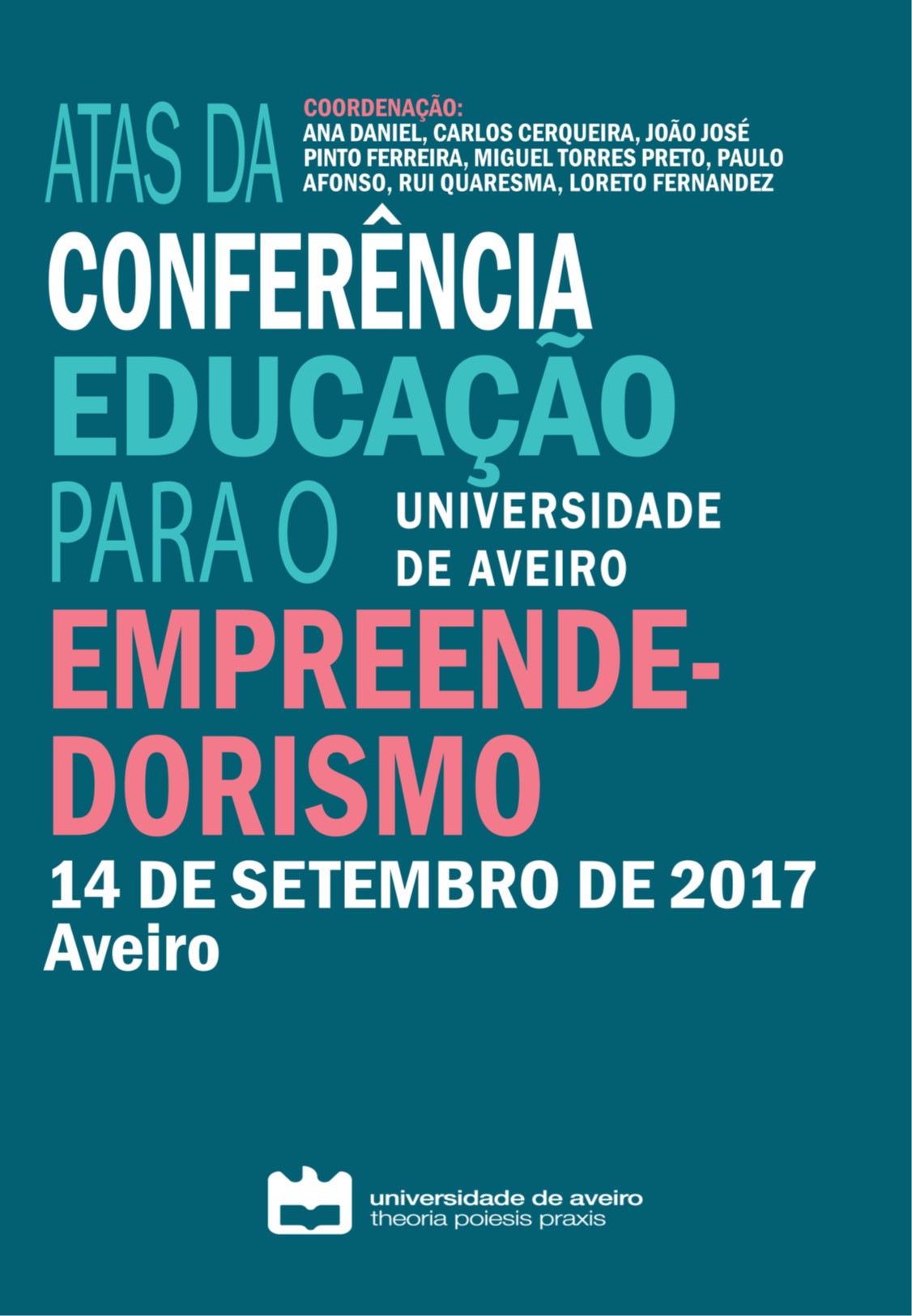Youth Start: Entrepreneurial Challenges project and its implementation in Portugal: evidence from field trials
Resumo
This paper analyses the implementation of the Youth Start – Entrepreneurial Challenges project1 on the learning outcomes of the students regarding their entrepreneurial skills and measures the influence of the project in teaching practice. This project promotes experiential learning programmes at the compulsory school level by developing an innovative, transferable and scalable programme through the collaboration of the high-level educational public authorities of Austria, Luxembourg, Portugal and Slovenia. The Youth Start learning programme’s modules promote the development of cognitive and non-cognitive entrepreneurial skills and abilities as well as foster a culture of responsibility and enterprise. The learning programme is hypothesised to increase desirability and feasibility of students to be entrepreneurial. In addition, it is also believed that student participants will find schoolwork more enjoyable and meaningful and that the programme will increase their motivation to learn and engage in school activities. To test whether or not the hypotheses are supported we will analyse to which extent the participants develop entrepreneurial self-efficacy, entrepreneurial intentions, entrepreneurial attitudes and entrepreneurial mindsets. The primary target group in this three-year project are teenagers aged 14 to 17, who are reached through three large-scale interventions. Through the leadership of the ministries of education from the participating countries, the programme was extended to primary schools (students aged 8 to 11). A quasi-experimental design utilising an ex-ante and ex-post approach as well as randomised experimental groups are used to evaluate the effects on students from the secondary education level and from the second cycle of basic education (ages 10 to 11), but the focus of this paper is analysing qualitative data through in-depth interviews with Portuguese educators from different teaching education levels. This qualitative research is intended to better understand the effects of the quantitative data that the project involves and observe the impact of Youth Start programme in Portugal.
Publicado
2019-04-01
Secção
Artigos





